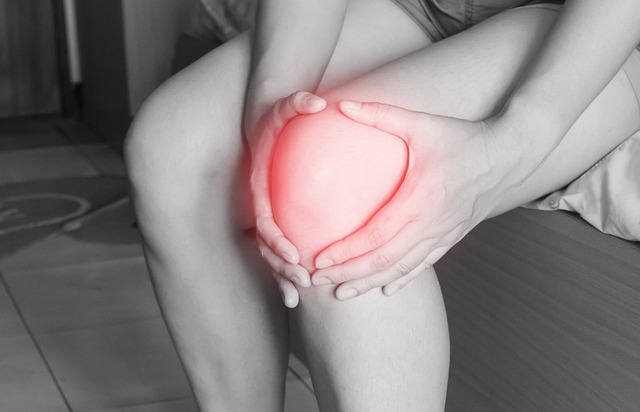Bicycle accidents cause significant head injuries, with over 5,500 fatalities in the US in 2019. Factors include driver negligence, poor road conditions, distraction, and lack of safety gear like helmets. While not foolproof, helmets drastically reduce head injury risks when properly used. States mandate helmet use, emphasizing their importance. Along with helmets, strategies like defensive riding, awareness, infrastructure improvements, and well-maintained bikes can significantly reduce bicycle accident head injuries.
Bicycle accidents can lead to severe head injuries, making it crucial to understand their prevention. This article explores the effectiveness of helmets in mitigating such risks and delves into the broader picture of bicycle safety. We analyze recent statistics on bicycle accident head injuries and examine how well helmets protect riders. Additionally, we discuss complementary strategies beyond helmets to reduce the likelihood of these traumatic injuries, providing a comprehensive guide for cyclists.
- Understanding Bicycle Accident Head Injuries: Statistics and Risks
- The Role of Helmets: How Effective Are They in Prevention?
- Beyond Helmets: Additional Measures to Reduce Head Injury Risk
Understanding Bicycle Accident Head Injuries: Statistics and Risks

Bicycle accidents can lead to a range of injuries, with head injuries being among the most severe and common. Understanding the risks associated with these accidents is crucial in gauging the effectiveness of safety measures like helmets. According to recent statistics, bicycle riders are at a significant risk of sustaining head injuries in collisions with motor vehicles or other obstacles. The National Highway Traffic Safety Administration (NHTSA) reports that in 2019, approximately 5,549 cyclists were killed in traffic crashes in the United States, and many of these fatalities involved head trauma.
These accidents often result from various factors, including caregiver negligence, poor road conditions, driver distraction, or even the lack of proper safety gear like helmets. A personal injury attorney or personal injury lawyer would emphasize that while helmets can significantly reduce the risk and severity of head injuries, they are not foolproof. The effectiveness of helmets depends on their proper fit, usage, and the specific type designed for cycling. Despite this, many states have implemented laws mandating helmet use for cyclists, reflecting a growing awareness of the vital role these safety measures play in protecting vulnerable road users.
The Role of Helmets: How Effective Are They in Prevention?

Helmets play a significant role in mitigating the risk of bicycle accident head injuries, but their effectiveness is not absolute. Studies have shown that wearing a properly fitted helmet can reduce the severity of head trauma by up to 85%. This protective gear works by absorbing and dispersing the impact energy during a collision, thus lowering the force experienced by the rider’s head. The success of helmets lies in their ability to provide a physical barrier against direct blows to the head and reduce the risk of concussions and more severe cerebral injuries.
However, it’s essential to recognize that helmets are just one component of overall safety strategy. Despite their benefits, they may not guard against all potential hazards, especially in complex scenarios. For instance, high-speed collisions or breaches of fiduciary duty within cycling partnerships can lead to severe injuries beyond what a helmet can prevent. Similarly, slip and fall accidents, which are unrelated to helmet use, can also result in head injuries. Therefore, while helmets are crucial, cyclists should remain vigilant and adhere to traffic rules to ensure the highest level of safety on the roads.
Beyond Helmets: Additional Measures to Reduce Head Injury Risk

While helmets are an essential safety measure for cyclists, they aren’t the only defense against bicycle accident head injury. Beyond helmet usage, several other strategies can significantly reduce the risk of severe head trauma.
In addition to wearing properly fitted and certified helmets, riders should prioritize defensive riding techniques, such as maintaining awareness and staying visible to motorists. Well-maintained bicycles with functioning brakes and secure attachments for cargo or passengers also play a crucial role in accident prevention. Furthermore, considering the design of cycling infrastructure—including well-lit paths, designated bike lanes, and traffic signals optimized for cyclists—can create safer environments, reducing the likelihood of accidents and mitigating potential head injury risks, especially in urban areas with heavy traffic.
While helmets play a crucial role in reducing the risk of bicycle accident head injuries, they are not foolproof. Comprehensive safety measures, including proper bike fit, reflective clothing, and adherence to traffic rules, are essential to further minimize these risks. Combining helmet use with other preventive actions can significantly contribute to a safer cycling environment, ensuring riders protect themselves fully on the road.






